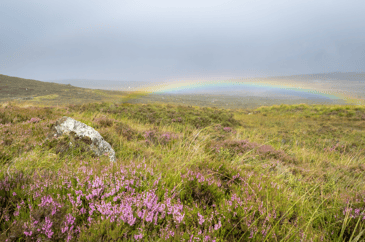Coming soon: government consultation on firearms licensing
The government is poised to launch a consultation that seeks to restrict shotgun ownership by aligning licensing of shotguns with firearms – an existential and generational threat to shooting.
The Countryside Alliance is ready to respond – are you?

Frequently Asked Questions
The government announced in February 2025 that this consultation would happen at some point in 2025. Although previous government statements on timeline insisted that the consultation would be launched by the end of 2025, such language has been dropped in recent weeks. Indeed it is now significantly more likely that the consultation launch will be in January 2026. What’s important is that we’re all ready to react when that launch happens. Sign up to the Campaign for Shooting newsletter to stay up to date – we’ll send a special bulletin when the consultation opens.
Firearms controls in the UK are among the most stringent in the world. However, the government is proposing to consult on changes to the current regulations. This follows two tragic incidents involving shotguns licensed under Section 2: the Plymouth shooting, which was attributed to ‘serious failure’ by the police; and the Prosper murders, where a forged paper shotgun certificate was used to purchase a shotgun which was then used by the perpetrator to murder his family.
The government takes the view that Section 2 shotguns are no less lethal than other firearms that are controlled under Section 1. The government is proposing to consult on greater alignment between the conditions for licensing Section 1 and Section 2 firearms under the 1968 Firearms Act.
Section 1 covers rifles, shotguns that fire more than 3 cartridges before reloading, along with other high-powered firearms. Section 2 covers shotguns which have long barrels and cannot fire more than 3 cartridges of shot (pellets) before reloading. To own either a Section 1 shotgun or Section 2 firearm, the same rigorous character suitability, background and medical requirement checks must be met. However, there are different rules for the transaction and keeping of Section 1 and 2 firearms and ammunition. To be granted a Section 1 licence, the applicant must prove good reason to own each firearm on their licence. To be granted a Section 2 licence, the applicant must have good reason to own a shotgun.
The differences between Section 1 and Section 2 firearms are based on a recognition not only of the difference in lethality between Section 1 and Section 2 firearms but also the purposes for which they are used, by whom they are used and the practical circumstances in which they are used. For example, it is an offence to use a shotgun or low powered rifle to shoot a deer precisely because they are less lethal and would therefore cause an animal welfare issue.
What matters in terms of public safety is that anyone having access to any type of firearm is a fit and proper person who poses no risk to the public or themselves. The law is already the same for background, suitability and medical checks conducted by licensing authorities in advance of issuing licences, whether Section 1 or Section 2. Therefore, alignment of Section 2 with Section 1 would not improve public safety. It was ‘serious failure’ by the police licensing department that was at the root of the Plymouth shooting and the Prosper murders were enabled by an outdated system for recording all types of firearms transactions.
Full alignment would bestow a considerable additional administrative burden upon police firearms licensing units, which are already stretched to capacity. The financial and logistical burden on gun owners and traders would likewise be substantial and would cause significant damage to the rural economy, conservation efforts and communities across the country and especially in the more remote parts of Britain.
As part of any changes to the status of Section 2 shotguns, a single, centralised firearms licensing body, akin to the DVLA or DBS, with full digitisation should be created to replace the current 44 separate licensing authorities in Britain. Shotgun and firearms licences should be digitised in a central database to allow real-time checking by dealers and private sellers.
A centralised licensing body would directly address many of the deficiencies which have led to issues with the current system. If improved public safety is the issue, then the first step must be to address a licensing system that urgently needs modernisation. A single, centralised firearms licensing body would provide a consistent service for gun owners and allow police forces to focus on law enforcement, rather than licensing – a function they were never set up to deliver.
A central database, which is fully digitised and accessible in advance of or at the point of sale by a licence holder wishing to conduct a firearm or shotgun transaction to eliminate risk of illegitimate transactions including the creation of fake firearms and shotgun certificates. This would enable real time tracking of firearm and shotgun ownership by licensing authorities. This would prevent a repeat of the 2024 Prosper shooting.
Read our full report on centralised licensing here by David Orford, former National Police Chiefs Council lead on Firearms Licensing and former Deputy Chief Constable of Durham Constabulary.
A reformed licensing process would improve public safety and support the legitimate shooting industry. Simply aligning Section 2 with Section 1 would add hugely to the burden on police forces whilst achieving nothing beyond harming the shooting community, rural businesses, the economy and the environment.
The Countryside Alliance will continue to support reform that demonstrably delivers greater public safety and calls on the government to address the root cause of problems, based on experience and findings following failures that have led to recent tragic events, which is not about alignment but about how licensing is delivered.
Simple - sign up to the Campaign for Shooting newsletter to hear all the latest news on this – we’ll send a special bulletin when the consultation opens.

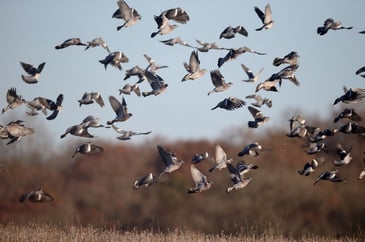

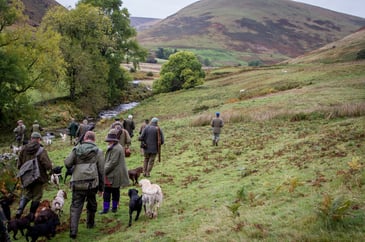

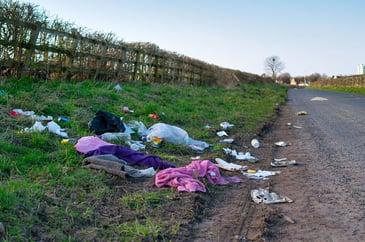






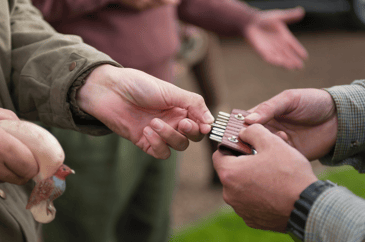
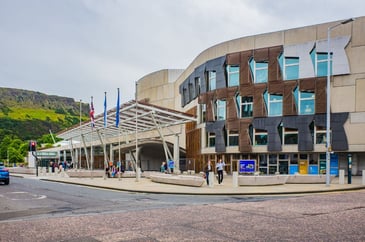



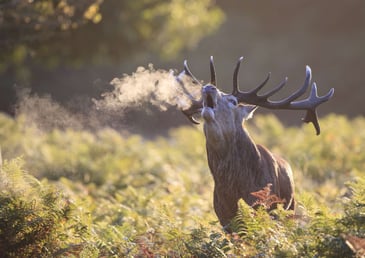
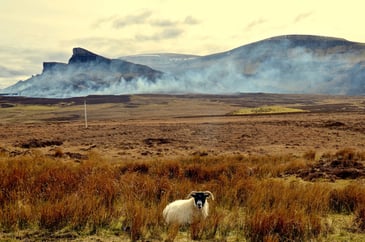


_Shutterstock_May%202024_3000x2000px.jpg?width=365&name=Scottish%20moorland%20(with%20gradient)_Shutterstock_May%202024_3000x2000px.jpg)


